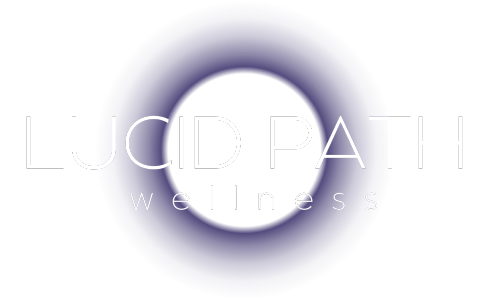Are You Dehydrated?
It seems strange to think that you can become dehydrated in the winter, especially in Vermont where it’s currently three degrees outside. But I’d argue that you may be more likely to find yourself dehydrated this time of year. Exposure to indoor heating slowly dries you out and before you know it, your cells are screaming for water. Here are the most common signs of dehydration to look out for:
• Increased thirst. • Dry mouth. • Tired or sleepy. • Decreased urine output. • Urine is low volume and more yellowish than normal. • Headache. • Dry skin. • Dizziness.
Dehydration and Health
Chronic dehydration has been linked to many health challenges including high blood pressure, high cholesterol, constipation, kidney stones, digestive disorders, asthma, allergies, joint pain and premature aging. All great reasons to experiment with upping your intake of water. Imagine if proper hydration was all you needed to address a health concern…
How Much Water Should I Drink?
There’s a lot of controversy about how much water you should be drinking. But I was able to find the following results from a 2005 study that was published in The National Academies Press.
Demographic
Daily recommended amount of water (from drinks) children 4–8 years old 5 cups, or 40 total ounces children 9–13 years old 7–8 cups, or 56–64 total ounces children 14–18 years old 8–11 cups, or 64–88 total ounces men, 19 years and older 13 cups, or 104 total ounces women, 19 years and older 9 cups, or 72 total ounces pregnant women 10 cups, or 80 total ounces breastfeeding women 13 cups, or 104 total ounces
The Importance of Electrolytes
Another key element in hydration is adequate electrolyte consumption. Your cells need minerals like potassium and sodium in order to actually absorb the water that you’re drinking. The easiest way to ensure that you’re getting the proper amount of minerals is to add an electrolyte mix to your water. We recently started carrying a really tasty new sugar-free organic electrolyte mix called Superieur, which comes in a variety of refreshing flavors.
According to F. Batmanghelidj, MD, author of Water for Health, for Healing, for Life, it can take several days for your body to fully hydrate once you start increasing your water intake. Drinking more water may not be a quick fix, but speaking from experience, it's certainly a worthwhile one.
This public service announcement has been brought to you by your body!
